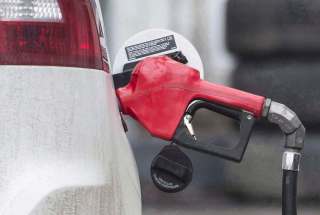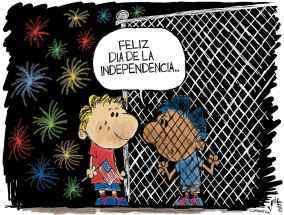Gas pains Prices soar 50 cents since this time last year
Read this article for free:
or
Already have an account? Log in here »
To continue reading, please subscribe:
Monthly Digital Subscription
$0 for the first 4 weeks*
- Enjoy unlimited reading on winnipegfreepress.com
- Read the E-Edition, our digital replica newspaper
- Access News Break, our award-winning app
- Play interactive puzzles
*No charge for 4 weeks then price increases to the regular rate of $19.00 plus GST every four weeks. Offer available to new and qualified returning subscribers only. Cancel any time.
Monthly Digital Subscription
$4.75/week*
- Enjoy unlimited reading on winnipegfreepress.com
- Read the E-Edition, our digital replica newspaper
- Access News Break, our award-winning app
- Play interactive puzzles
*Billed as $19 plus GST every four weeks. Cancel any time.
To continue reading, please subscribe:
Add Free Press access to your Brandon Sun subscription for only an additional
$1 for the first 4 weeks*
*Your next subscription payment will increase by $1.00 and you will be charged $16.99 plus GST for four weeks. After four weeks, your payment will increase to $23.99 plus GST every four weeks.
Read unlimited articles for free today:
or
Already have an account? Log in here »
Hey there, time traveller!
This article was published 05/07/2018 (2719 days ago), so information in it may no longer be current.
Never mind the trade war: skyrocketing fuel prices have soared nearly 50 cents per litre in the past year, which ultimately hits everyone in the pocketbook.
It means driving costs more, deliveries and shipping cost more; basically anything that needs to be moved from point A to point B will wind up costing more.
In Winnipeg, prices at the pump averaged $1.316 per litre Thursday, compared to about 82 cents per litre this time last summer, according to GasBuddy.com, a tech company that compiles average fuel prices across North America.
Wholesale gasoline’s cost per litre in Canada jumped to $1.20 this week from $1.15 last week.
| Manitoba Historical Gas Price Charts Provided by GasBuddy.com |
That price jump isn’t just taxing Winnipeggers’ when fuelling up before heading out on the highways or driving in the city, but governments and businesses, too.
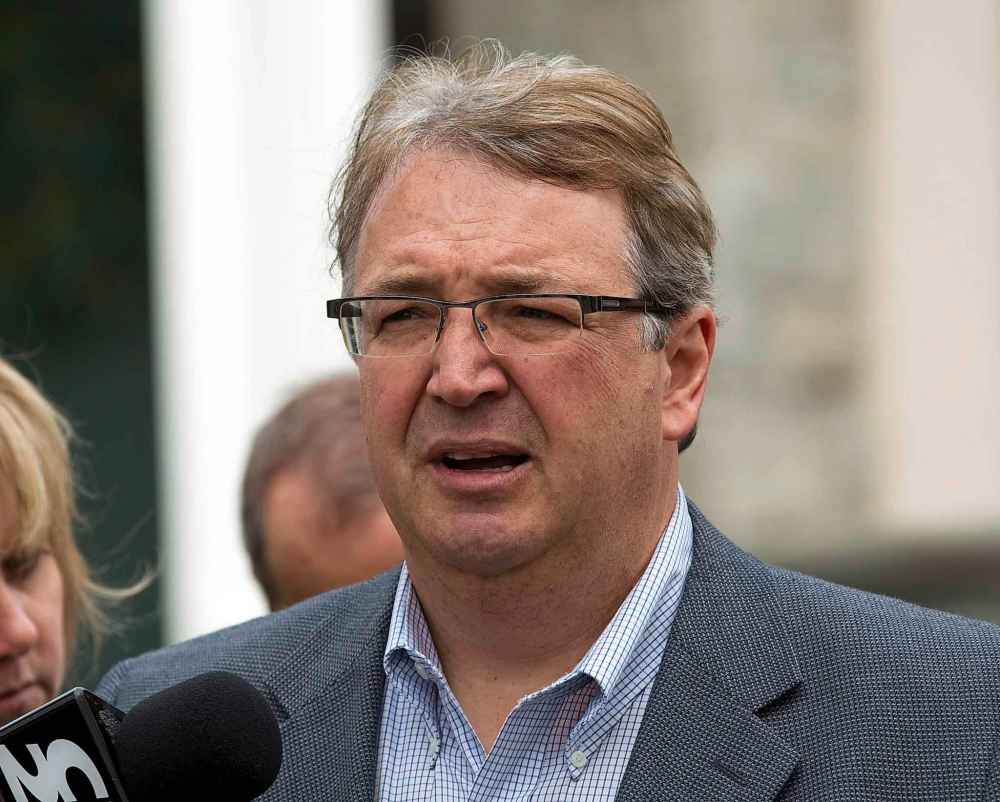
The City of Winnipeg purchases its fuel in bulk, but rising prices still put pressure on its coffers. The city needs about seven to eight million litres of fuel annually to run its 2,150 vehicles. That figure includes police vehicles, fire trucks, ambulances and construction equipment.
All City of Winnipeg departments, including the police and fire paramedic services, buy fuel from the Winnipeg Fleet Management Agency (WFMA), said city spokeswoman Michelle Finley.
Winnipeg Transit purchases and manages its own fuel separately.
WFMA buys fuel in bulk through a Materials Management bid opportunity. WFMA then charges the departments based on daily fuel rates, plus an administration fee. As of July 5, the city fleet paid $1.23 per litre for unleaded gas, $1.14 per litre for clear diesel and 99 cents per litre for purple diesel, said Finley.
Winnipeg Transit’s 623 buses use about 18 million litres of diesel fuel a year, but that comes out of its overall budget instead of directly from the city budget.
Rising costs a concern for ride-sharing, transport biz
Private businesses feel the pain, too.
Gas stations need to sell at least $1.24 a litre to turn a profit on the $1.20 per litre wholesale rate, said GasBuddy.com senior petroleum analyst Dan McTeague.
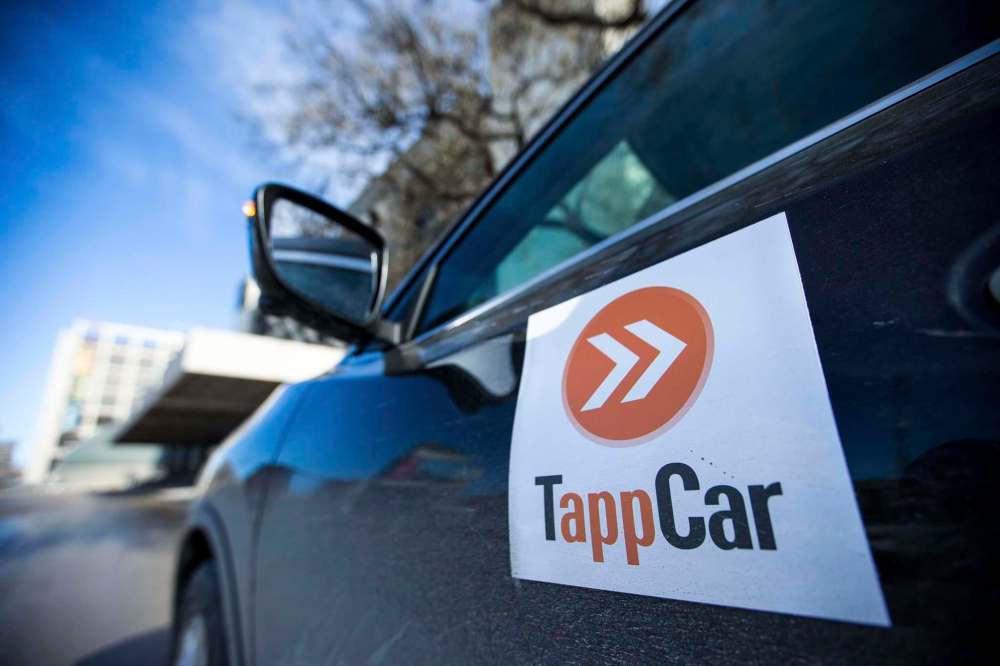
Rising fuel costs are a concern for the Manitoba’s fledgling ride-hailing industry, because it impacts the bottom line and costs for drivers said John Morris, spokesman for TappCar Inc.
TappCar drivers don’t expense their fuel costs — it comes out of their own pocket.
Meanwhile, high fuel prices affect Bison Transport’s customers’ bottom lines, because the Winnipeg-based trucking company charges its customers based on actual fuel prices in whichever region it’s shipping in.
"For example, if we have a shipper that’s mostly running in Western Canada — their fuel surcharge is based on actual prices of fuel in the west," said Lionel Johnston, corporate marketing manager for Bison.
That higher surcharge is eventually passed on to the consumer, Johnston said, adding Bison Transport is focused on fuel efficiency, regardless of fuel prices.
Dollar, refineries, taxes to blame: analyst
Gas in Manitoba is currently taxed at 30 cents per litre, but that number might rise by 5.3 cents per litre on Dec. 1 if the carbon tax outlined in the 2018 provincial budget is passed in the fall sitting of the Legislature.
Prices are high across the country, mostly due to a low Canadian dollar and rising global prices, said McTeague. On top of those factors, price increases are driven by higher profit margins at oil refineries and higher Canadian taxes on fuel.
Even U.S. President Donald Trump is tweeting about the rise in gas prices: "REDUCE PRICES NOW!" calling on the Organization of the Petroleum Exporting Countries to help cut prices, then saying the organization is driving prices higher.
The OPEC Monopoly must remember that gas prices are up & they are doing little to help. If anything, they are driving prices higher as the United States defends many of their members for very little $’s. This must be a two way street. REDUCE PRICING NOW!
— Donald J. Trump (@realDonaldTrump) July 4, 2018
However, Iran’s representative to OPEC responded by saying the U.S. president’s recent push to cut off sales from that Middle Eastern nation is playing a role in rising oil prices.
McTeague, however, called such tweets meaningless.
OPEC has little capacity to reduce pain at the pumps and gas prices are mostly dictated by U.S. market fluctuations, said McTeague. He added even if the organization could drop oil prices, it would only work for a short period of time, because global demand for oil is rising faster than it can be produced or transported.
— with files from The Canadian Press
erik.pindera@freepress.mb.ca
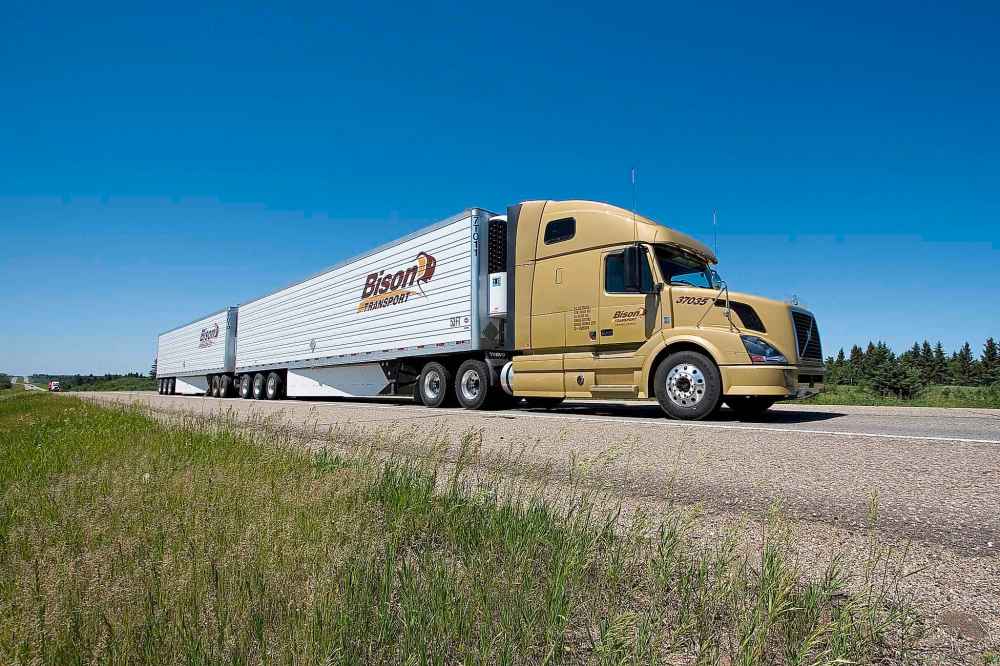

Erik Pindera reports for the city desk, with a particular focus on crime and justice.
Our newsroom depends on a growing audience of readers to power our journalism. If you are not a paid reader, please consider becoming a subscriber.
Our newsroom depends on its audience of readers to power our journalism. Thank you for your support.
History
Updated on Friday, July 6, 2018 11:46 AM CDT: Corrects reference to increase in gas tax. The proposed 5 cent a litre gas tax will not go through in September as was proposed in the March provincial budget. The way the bill was written proposed that if it was passed by June 1, the province would start collecting the tax by Sept. 1. However, as the bill was delayed by the Opposition in April, carbon taxes won't be collected until at least Dec. 1.



